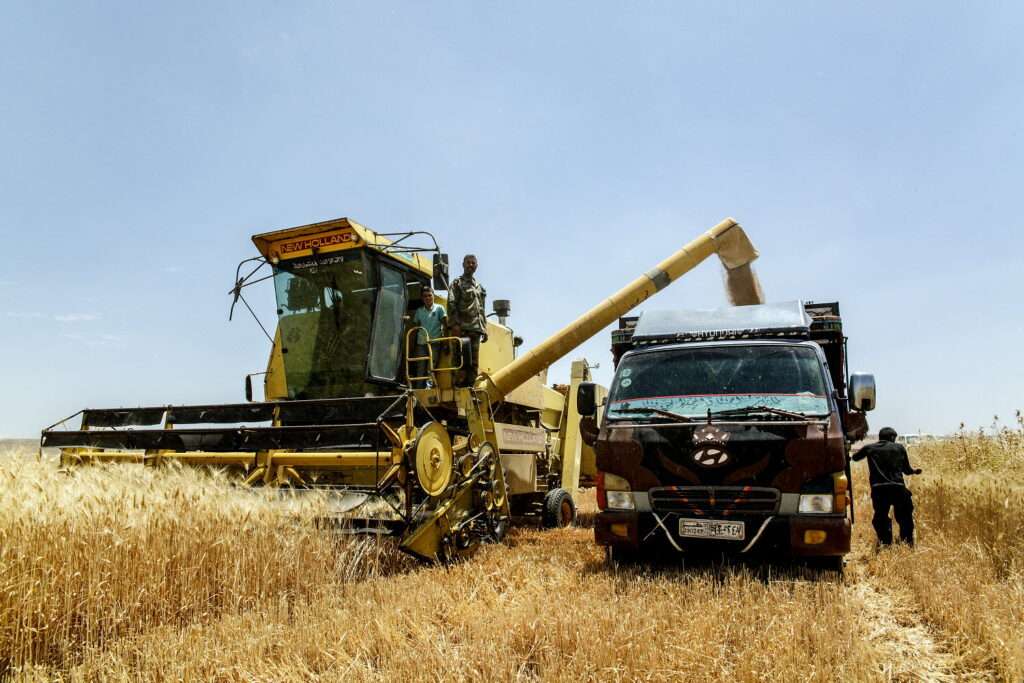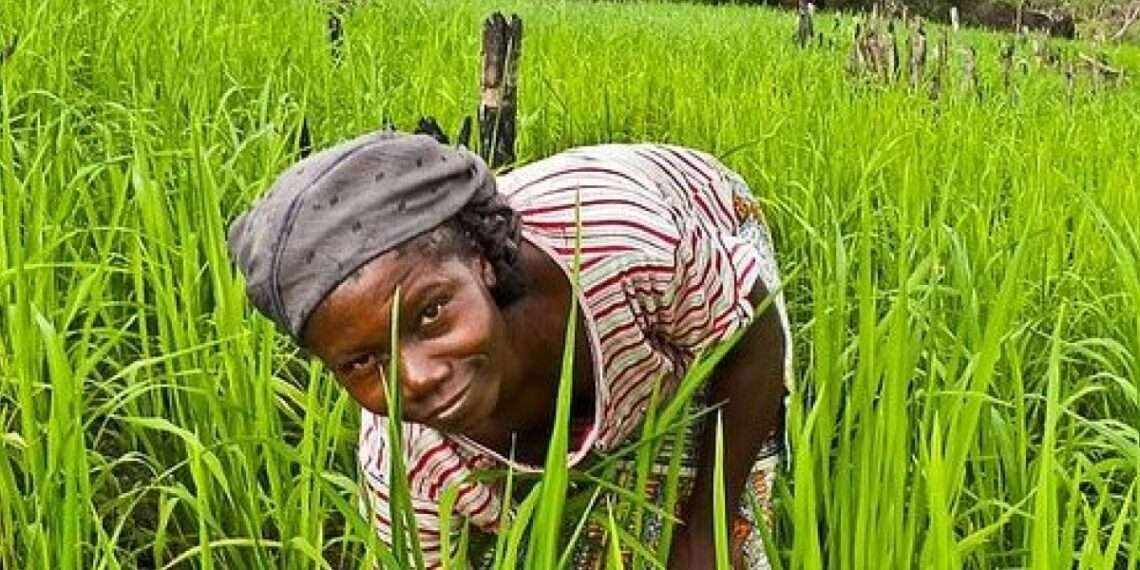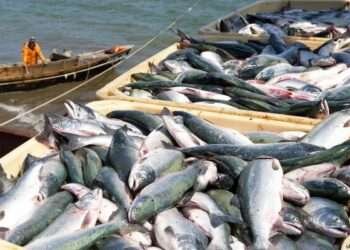Renowned economist Professor Yaw Nyarko of New York University has sounded a clarion call for Ghana to re-evaluate and invest substantially in its agricultural sector to unlock its growth potential.
Speaking at the Achimota Speaks Forum, Professor Nyarko emphasized the critical role of the agricultural sector in Ghana’s economic landscape.
“Agriculture is where a lot of potential exists.”
Professor Yaw Nyarko
Highlighting the historical significance and inspirational value embedded in agriculture, Professor Nyarko urged Ghana to harness the promise within the sector. He specifically pointed out the need for national markets for crops such as maize, soya, and sorghum, akin to the successful model applied to cocoa. Establishing robust markets for these crops, he argued, could significantly enhance revenue generation and benefit farmers through consistent markets.
“…That is a place where there is great history, a place where we can get inspiration…I think it’s a place with a lot of promise. Ghana could be a place that is exceptional in agriculture, and we should think about it.”
Professor Yaw Nyarko
Agriculture holds substantial importance in Ghana’s economy, contributing significantly to its GDP and export earnings. According to the World Bank, agriculture, forestry, and fishing contributed 18.7% to Ghana’s GDP in 2020. Aligning with Professor Nyarko’s call for strategic investment, Ghana can position itself as an agricultural powerhouse with a commitment to sustainable practices, ensuring the sector’s longevity and global leadership in responsible agriculture.
Challenges Of Ghana’s Agricultural Sector
Ghana’s agricultural sector, while holding immense promise, is challenged with an array of challenges that impede its full potential. The Covid-19 pandemic accentuated existing vulnerabilities, particularly among smallholder farmers. Localized food price increases during the pandemic underscored the sector’s susceptibility to external shocks, emphasizing the urgent need for resilience.

In addition, climate change presents a formidable threat, causing unpredictable weather patterns and jeopardizing crop yields. Deforestation compounds environmental concerns, impacting soil fertility and water resources crucial for agriculture. The persistent reliance on manual labor-intensive farming methods due to the lack of widespread mechanization further inhibits productivity.
Despite being a key cocoa producer, the development of value-added activities related to processing agricultural commodities remains underdeveloped. This hampers the sector’s capacity to extract optimal value from its primary outputs, hindering economic growth. Emerging focus on value addition within the agriculture value chain, facilitated by burgeoning agro-processing industries, adds value to raw agricultural products and creates employment opportunities. This not only boosts farmers’ income but also positions Ghana competitively in the global market by exporting processed agricultural goods.
The challenge of achieving economies of scale for smallholder farmers remains a pressing issue, impeding their efficient access to markets. Innovative financing methods are crucial for fostering sustainable growth, requiring urgent attention within the sector.
In response to these obstacles, strategic investments, technological advancements, and policy interventions are imperative to fortify Ghana’s agricultural resilience and unlock its true potential on the global stage. Professor Nyarko’s advocacy for a reconsideration should include the need to create systems that ensure consistent demands, providing farmers with stable and predictable markets, fostering growth and stability.
Technological innovations, such as precision farming techniques, drone technology, and digital platforms for market access, are revolutionizing farming operations across the globe. This not only enhances efficiency, reduces waste, and increases yields but also contributes significantly to the sector’s overall productivity. These technologies coupled with Ghana’s tech-savvy youthful population present a rare opportunity for great agricultural exploits.
Recognizing the sector’s potential, the youth can actively engage in agribusiness, supported by government initiatives such as Planting For Food and Jobs, together with the private sector collaborations. These efforts among others can ensure a dynamic and skilled workforce, vital for sustaining Ghana’s agricultural transformation.
Notwithstanding, environmental destruction, particularly, galamsey poses is a lot of threat to the industry.
However, Ghana’s agriculture sector, amidst its challenges, stands as a beacon of hope. With sustainable practices, technological innovation, value addition, and youth participation, the country is on the precipice of a transformative journey that will not only secure its food supply but also contribute significantly to the global agricultural landscape.

The government of Ghana has committed GHS 1 billion to the Planting For Food And Jobs Phase 2 to revolutionize the country’s sector.
“We anticipate that, by the end of the five-year implementation period, Ghana will have achieved enhanced food security, and established a strong comparative advantage in the production of diverse cash and food crops and poultry products. Additionally, we aim to leverage competitively the opportunities presented by the Africa Continental Free Trade Agreement (AfCFTA).”
Nana Addo Dankwa Akufo-Addo
Ghana’s strategic positioning is garnering international attention, solidifying its role as a key player in Africa’s agricultural renaissance.
READ ALSO: Final Lap Syndrome; Docking A “Lame Duck” President Alongside A Limping Majority Leader





















